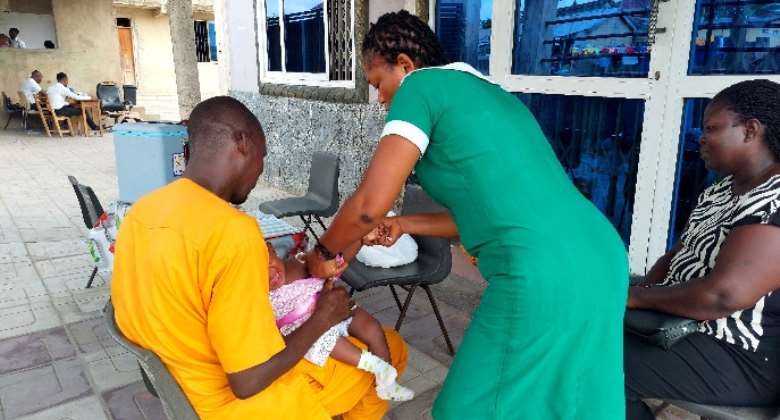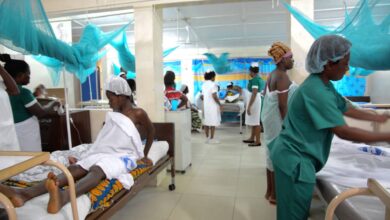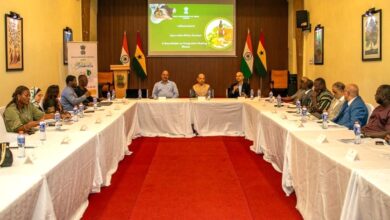Ghana Secures Future of Child Immunisation with Timely $24.5m Vaccine Payment

For many parents, the thought of their children missing a critical vaccine is a source of deep anxiety. That fear is now easing as Ghana has cleared its 2025 co-financing obligation of USD 24.5 million for essential vaccines, guaranteeing uninterrupted immunisation services nationwide.
The timely payment, confirmed by the Ministry of Health in collaboration with UNICEF and Gavi, ensures that life-saving vaccines against diseases such as measles, polio, yellow fever, and pneumonia continue to reach every corner of the country. Health experts say this is particularly crucial as Ghana works to maintain herd immunity and prevent the resurgence of deadly outbreaks.
UNICEF’s Representative in Ghana, Osama Makkawi Khogali, praised the government’s renewed commitment:
“By making this payment on time, Ghana has reaffirmed that the health of every child remains a national priority. Investing in vaccines means saving lives and securing a healthier, more productive future for generations to come.”
This marks the first time since the COVID-19 pandemic that Ghana has met its vaccine co-financing obligations without delays, a milestone that underscores the country’s gradual transition to self-financed immunisation. By reducing reliance on donor funding, Ghana is taking ownership of its immunisation programmes, a critical step in achieving sustainable healthcare financing.
The impact of this move will be felt far beyond hospital walls. Families can now take their children to clinics with the confidence that vaccines will be available. Community health nurses, who often travel long distances to reach remote areas, will no longer have to turn families away due to stock-outs.
Economists highlight that every dollar spent on immunisation saves multiple dollars in treatment costs and lost productivity. Preventing outbreaks of vaccine-preventable diseases protects not only children but also the economy, as fewer families are forced to miss work or spend scarce resources on avoidable illnesses.
Public health advocates say the achievement should not lead to complacency. Ghana still faces challenges in reaching “zero-dose” children, that’s those who have never received a single vaccine, particularly in rural and hard-to-reach areas. Sustained investment in outreach, cold-chain infrastructure, and public education remains essential.
For now, though, the message to parents is reassuring: the vaccines their children need are secured, and Ghana’s immunisation programme is on firmer ground than it has been in years.




